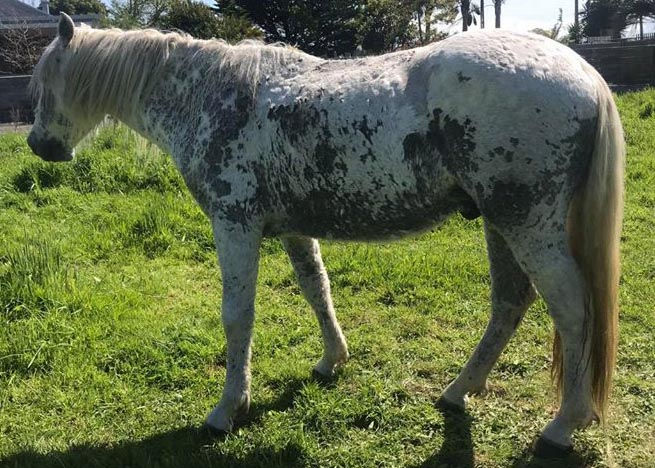Allergies?
- Jenny Paterson

- Sep 2, 2025
- 2 min read

The season for ‘allergies’ is here.
The question is: why do hives and other ‘allergies’ appear this year when the horse didn’t have any allergies last year?
An allergy is a hypersensitivity or over-reaction by the immune system to substances in the environment that are normally harmless.
They are distressing and frustrating so here are some points that may help those who are battling.
It is easy to think ‘allergies’ are caused by external irritants eg: foods, moulds, pollens, when the underlying cause is an internal disturbance to the horse's metabolism.
Make sure you don’t fall into the trap of spending a fortune trying to identify and eliminate all the potential allergens.
Expensive testing will come up with a list a mile long of items that should be avoided, many that would be impossible to eliminate from the horse’s environment in any case:
Insects, moulds, pollens from various plants and trees – we know of people who have cut down all the trees on their property but it made no difference.
Allergies frequently coincide with seasonal changes in the grass. Spring grass especially when lush with clover, becomes high in potassium which causes mast cells (part of the immune system) to release histamines which precipitate various inflammatory reactions:
Symptoms in horses usually include hives, rashes, itchiness, swellings, inflammation, rhinitis, respiratory issues, including coughing and mucus production.
Treatment, apart from going to great lengths to avoid those allergens, involves use of corticosteroids to control the inflammatory reaction. For horses, administering steroids can be risky because of the possibility of a laminitis episode.
Instead take steps to keep the horse’s diet very basic in order to give his metabolism a rest. You will be amazed at the issues that resolve all on their own.
The very simple dietary principles that we advocate focus on providing nutrients to the horse within parameters that allow the horse to balance his own minerals.
Poker, had been on lucerne which we eliminated because it was adding to the load his metabolism was struggling with.
Good hay is ‘gold’ for horses. Hay made from a variety of native or old-fashioned grasses off land that hasn’t been commercially fertilised. No clover or lucerne.
Did you know salt indirectly acts as an anti-histamine? It can inhibit histamine release. Make sure you add salt to your horse’s daily feed!

Photos: “Poker” Before and After 3 months. Poker had been absolutely miserable! Dayna had spent thousands when all it took were some simple dietary changes.




Comments